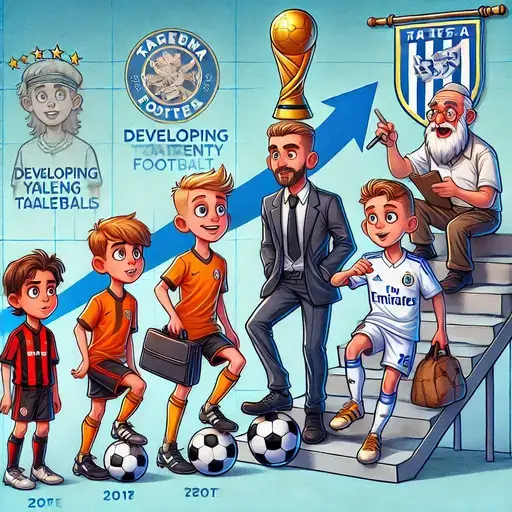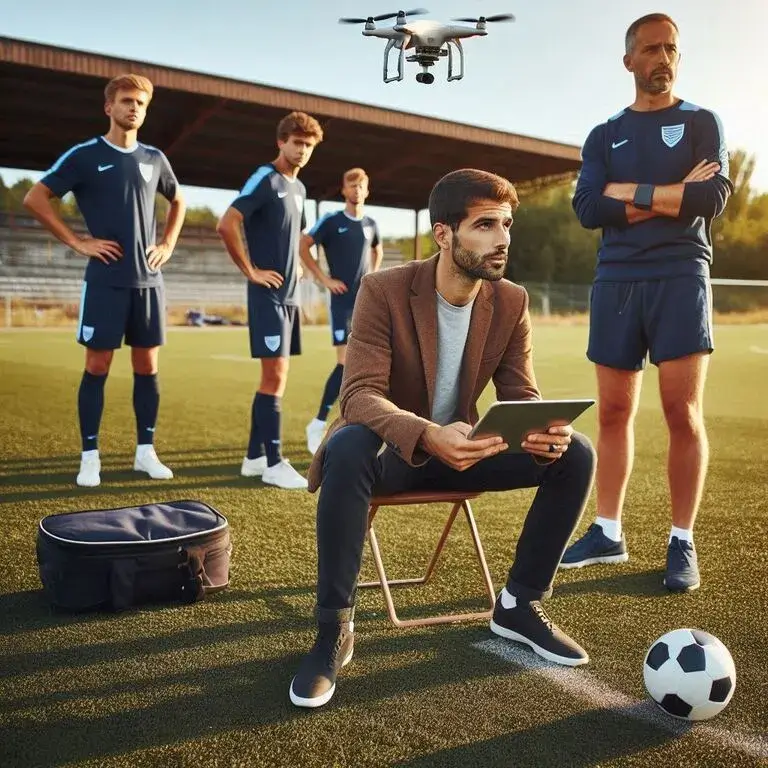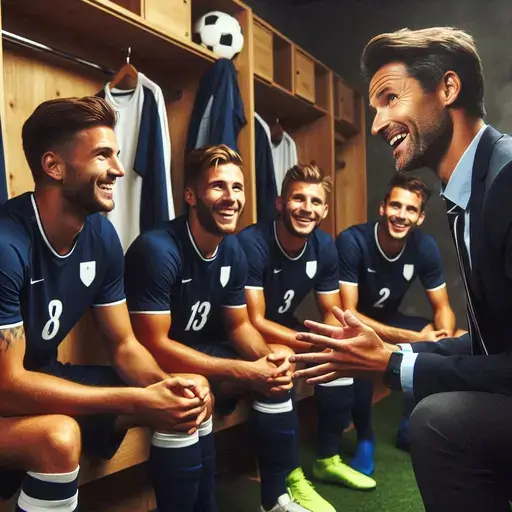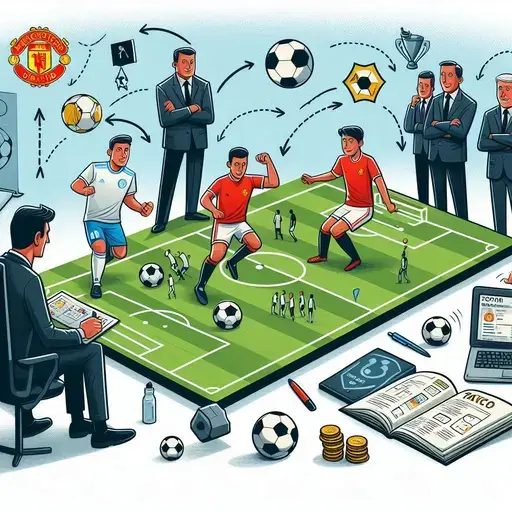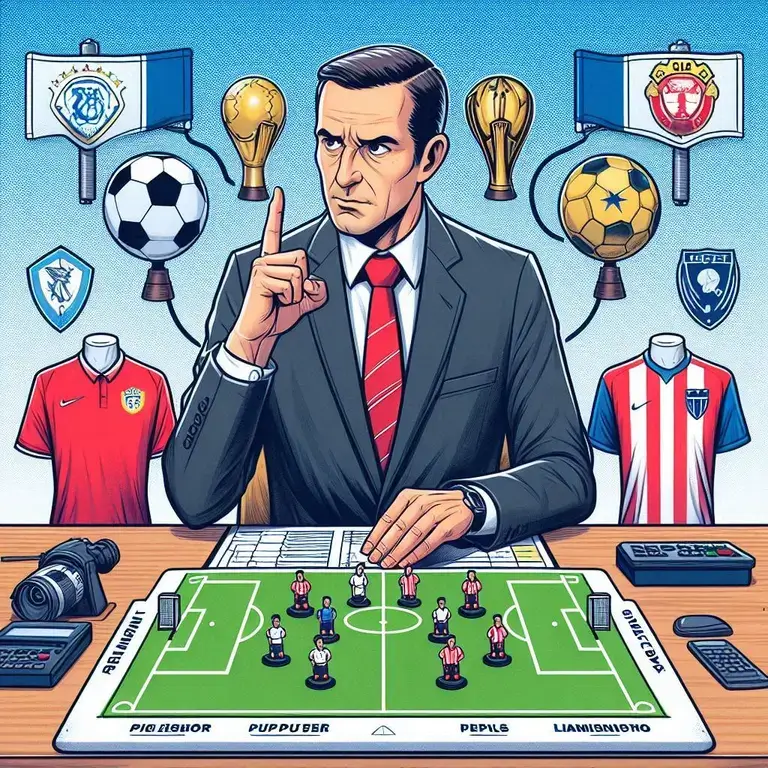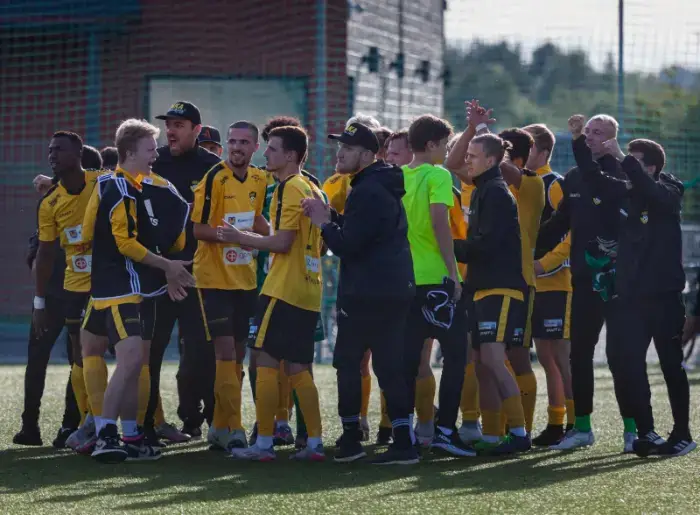From Tactics to Triumph – The Art of Building a Winning Team
For a coach, after they have chosen their next project, it’s crucial to build a successful, winning team. So, how can we make this happen? Based on my experience, I’ll mention a few key aspects that I believe are essential to achieving this.
First and foremost, even before the first meeting with the team, it’s very important to hold an individual meeting with each player, to get to know them a little. This includes understanding their injury history, the performance history from recent seasons, their favorite position(s), and the attributes they consider most important along with areas they need to improve. It’s also helpful to learn where they see themselves in a specific timeframe, for example, 5 years (which allows us to gauge the athlete's ambition and maturity), to set individual goals for them, and to know their opinion about the team and where they think it can go. It’s essential for the coach to listen and take note of the feedback provided by the players, guiding this conversation with subtle prompts that encourage the player to reflect.
After hearing all the players individually, it’s time for the first team meeting, where goals and targets will be set. Here, it’s important to emphasize that these goals must be realistic and should align with what was discussed previously in individual meetings with the players. The coach must have “planted the seed” in the minds of the players so that they feel the goal is realistic and achievable.
After establishing individual and collective goals, it’s important to give a presentation with the entire staff and players, allowing everyone to see, feel, and reflect on how the entire work process will unfold. It’s crucial for the coach to convey their vision of the game, how they train for it, how they feel about it. This is the time when the coach starts conveying information about the concepts, how they understand and apply these concepts, their language, and how they will communicate.
It’s also important to conduct an in-depth analysis of the team and its characteristics, and, if necessary, reinforce it with players who add value, share the same values (mentally), and ambition, but who can bring something different on a technical-tactical level, thereby expanding the range of options. A football team should be unpredictable and able to master multiple game strategies, as each game is different and depends on various factors, such as: the opponent, the score and time on the clock, the location (home/away), the weather, and injuries. The best coach is the one who teaches the team to read and understand the game. It’s crucial for players to know and understand decision-making, why they need to change their playing style, and what it means to adjust their positional behavior according to what the game demands of them.
The most important thing for the coach is to be upfront and honest with the players so that they can understand their role within the team and feel part of it.
Believing in the message, understanding the goal, being willing to change if necessary, and accepting and correcting their own mistakes – these are all fundamental. It’s essential for the coach to instill this mindset in the players so they can believe and fight to the end, for themselves and for their leader. They will give everything for an idea, a way of being, that stops being individual and starts becoming the team’s identity.
Key words for building a winning team: Communication + Honesty + Appreciation + Common Goal


 9
9
